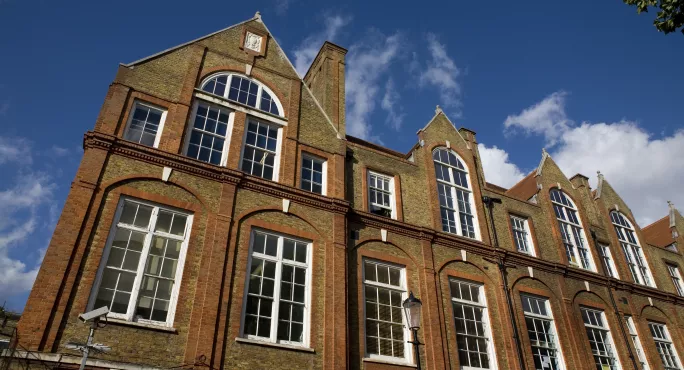A policy to strip private schools of their charitable status will be included in the Labour Party election manifesto, Jeremy Corbyn has confirmed.
Asked whether the policy would be in Labour’s manifesto today, Mr Corbyn said that, although the manifesto hasn’t been finalised yet, “at the very least” it would pledge to end private schools’ charitable status.
Answering questions after a speech to party members in Shropshire, he said: “The manifesto will be launched a little later on - it isn’t all finished and in writing yet.
“The conference policy has been passed and some of that conference policy will go into the manifesto.
Read: Labour’s private school tax plan is ‘dangerous’
Background: Labour votes to abolish private schools
Read: Rayner accused of ‘cosying up’ to private schools
“I can say that at the very least…we will be expecting those in private education, those private educational establishments to pay tax rather than get charitable status.”
Charitable status provides tax relief and reduced business rates for eligible organisations.
Mr Corbyn also said he wanted to see primary and secondary schools “fully funded and properly funded” through the national education service.
“I don’t think headteachers or any other teachers should be put through the stress of having to raise money just to maintain the school,” he added.
At September’s Labour Party conference, a motion was passed to integrate all private schools into the state sector, which independent school leaders branded “an act of national self-harm”.
Earlier in September, the sector had been alarmed by leaked documents from the shadow treasury showing that the Labour Party was planning to impose VAT on fees for private schools if it had gained power.
Julie Robinson, chief executive of the Independent Schools Council, said: “European law currently exempts all forms of education from VAT because of the value of learning to society, and independent schools are not treated as a special case in this respect. Imposing VAT on school fees would penalise parents and would be a tax on learning.
“Ultimately, it will be smaller independent schools without large catchment areas that would be hit hardest by VAT, potentially leading to closures that harm parents, pupils, and staff.
“It is inevitable that a sudden fee increase will mean children moving to the state sector, swelling class sizes and resulting in higher costs. Research shows that VAT would cost the government at least £416 million in its fifth year once pupil displacement and VAT recovery is taken into account.”




